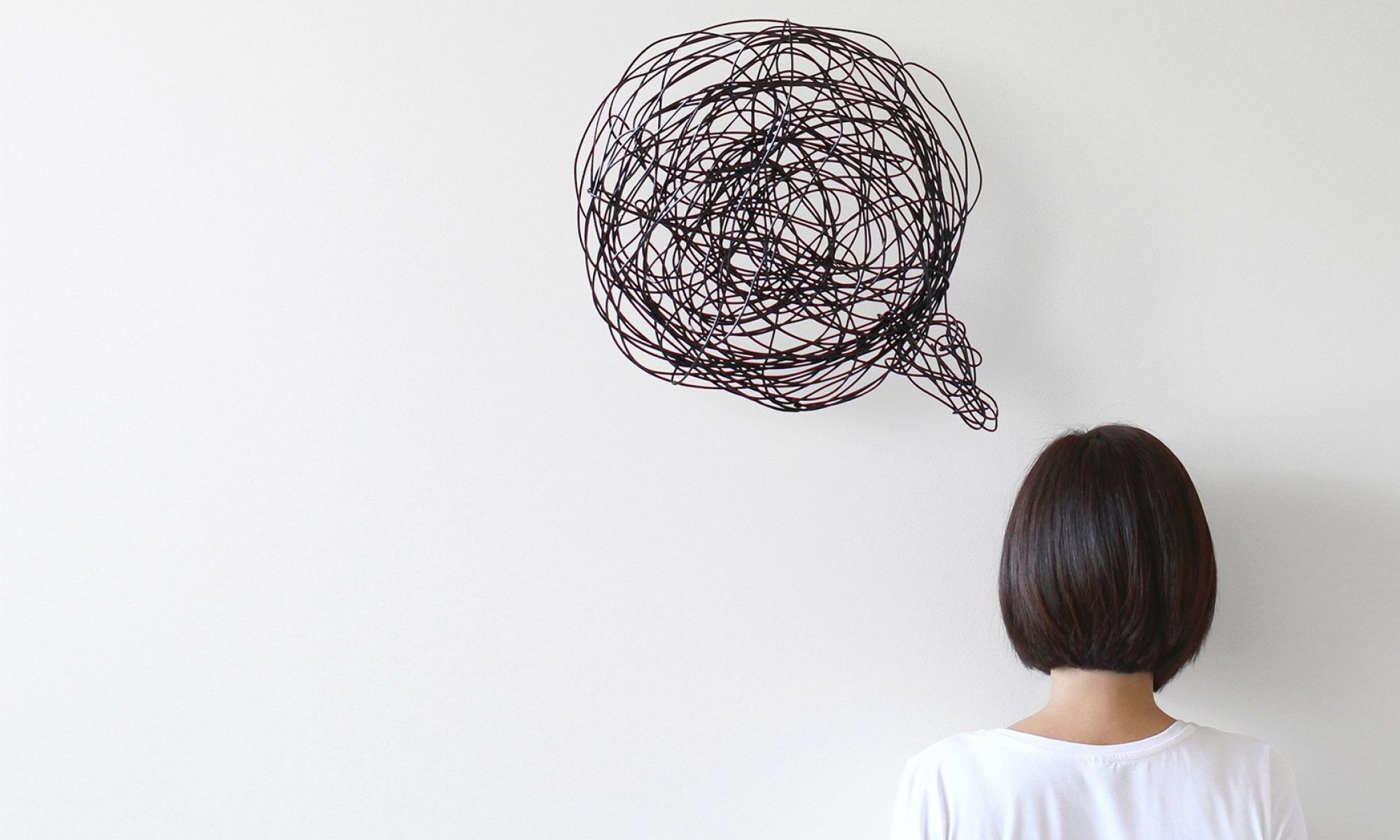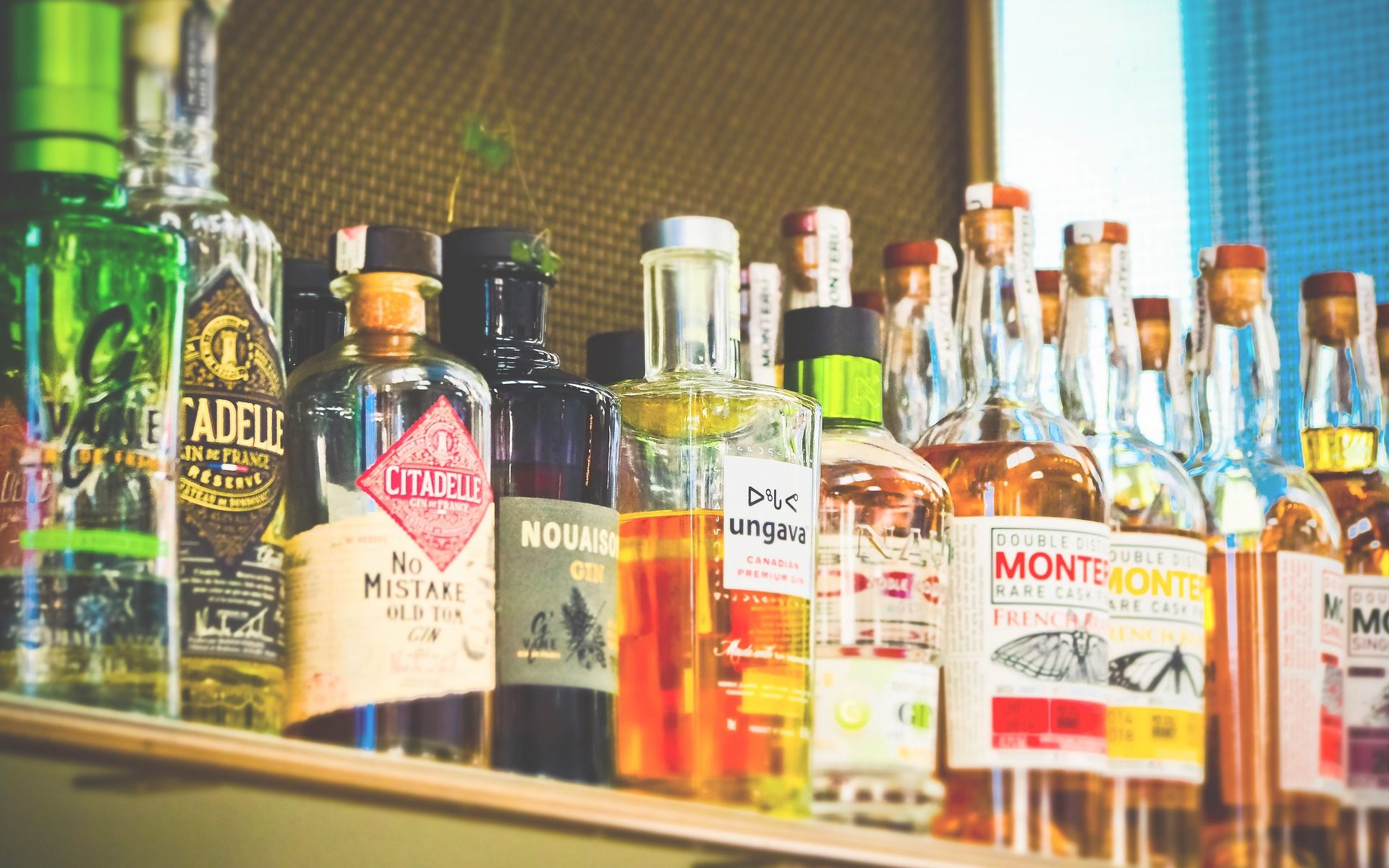A sleep expert’s absolute best strategies for falling and staying asleep.
What should I do if I can’t sleep?
Relaxation techniques are easy, effective practices that may help facilitate sleep. On a restless night, deep breathing exercises can help soothe the mind and body to sleep. Inhale completely and slowly, hold at the top for a few seconds, and release audibly and with control. The longer the breath, the better. Trouble falling asleep is sometimes caused by a mind full of the day’s worries. If we are too busy and don’t have time to resolve our concerns during the day, they may surface when it’s time to rest. In this case, keeping a worry list may be an effective relaxation technique. This list should be kept current, and time should be allotted during the day, not at night to review it. During this time, planning and problem solving can calmly take place.
How much sleep do we really need?
The recommendation for adults is typically seven to eight hours a night, though sleep needs vary individually. It is important to remember that children have longer sleep needs that actually increase during adolescence. As we age, we become less efficient at sleeping, and sleep periods often become more fragmented.
How can I determine if I am getting enough sleep?
Most adults in the U.S. carry a sleep debt, which means that their sleep patterns are insufficient to the needs of their body. Sleep debt is clinically irrelevant at small levels. However, an accumulation of sleep debt over weeks can affect mental and physical performance, including hormonal regulation and immune function. Observe your own sleeping pattern and note whether you wake up frequently during the night, are feeling well-rested throughout the day, and how many hours of sleep you’re getting.
Can a daytime nap compensate lacking sleep at night?
Daytime naps can be used to offset acute sleep loss and compensate for missed hours. Naps are also used to compensate for a scheduled short sleep. The best nap duration is around 20-30 minutes, as longer naps may involve periods of deep dream sleep. This is referred to as “sleep inertia,” the “tired” feeling after a long mid-day rest. Napping is a culturally acceptable behavior in many countries and there is no evidence that a short nap is problematic.


